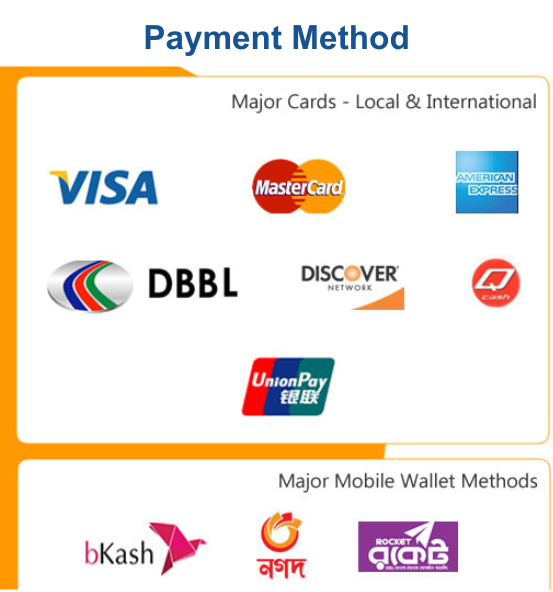Introduction
Are you aiming to study abroad or pursue a career that requires English proficiency? If so, understanding the IELTS, OET, and PTE exams is essential. These English language proficiency tests are widely recognized and accepted by educational institutions, employers, and immigration authorities around the world.
This comprehensive guide offers valuable insights and tips to help you navigate the world of IELTS, OET, and PTE. We’ll explore the key differences between these exams, essential preparation strategies, and recent updates that may impact your exam experience.
Understanding IELTS, OET, and PTE
- IELTS (International English Language Testing System): A globally recognized English language proficiency test that assesses listening, reading, writing, and speaking skills. It is accepted by over 10,000 organizations in over 140 countries.
- OET (Occupational English Test): A specialized English language test designed for healthcare professionals. It evaluates listening, reading, writing, and speaking skills in a healthcare context, ensuring that healthcare professionals can communicate effectively in English.
- PTE (Pearson Test of English): A computer-based English language test that assesses listening, reading, writing, and speaking skills. It is known for its speed and efficiency, with results often available within 48 hours
| Feature | IELTS | OET | PTE |
| Focus | General English proficiency | Healthcare-specific English |
General English proficiency
|
| Format | Paper-based or computer-based | Computer-based |
Computer-based
|
| Scoring | Band score (1-9) | Grade A-B |
Numeric score (10-90)
|
| Acceptance | Widely accepted by universities, employers, and immigration authorities | Primarily accepted by healthcare institutions |
Widely accepted by universities, employers, and immigration authorities
|
Preparation Strategies for IELTS, OET, and PTE
Understand the Exam Format: Familiarize yourself with the structure, question types, and time limits of each exam.
Practice Regularly: Consistent practice is key to improving your English language skills. Use official practice materials and take mock tests to simulate exam conditions.
Build Vocabulary: Expand your vocabulary by reading widely, using flashcards, and practicing vocabulary exercises.
Improve Grammar and Usage: Focus on improving your grammar and usage through exercises, online resources, and feedback from language experts.
Develop Listening Skills: Listen to a variety of English-language content, such as news broadcasts, podcasts, and movies, to enhance your listening comprehension.
Practice Speaking: Engage in regular speaking practice, either with a language partner or through online resources, to improve your fluency and pronunciation.
Seek Professional Guidance: Consider enrolling in a language course or working with a tutor to receive personalized guidance and support.
Recent Updates and Important News
Changes to IELTS Exam: Stay updated on any changes to the IELTS exam format, scoring system, or test centers.
New OET Test Centers: Check for the availability of new OET test centers in your region.
PTE Online Test: Explore the option of taking the PTE exam online, which may offer more flexibility and convenience.
Additional Tips for Success
Manage Your Time Effectively: Practice time management skills during your preparation and during the actual exams.
Stay Calm and Focused: Avoid stress and anxiety during the exams by practicing relaxation techniques and focusing on your strengths.
Seek Feedback: Get feedback on your performance from teachers, tutors, or language partners to identify areas for improvement.
Stay Motivated: Set realistic goals and celebrate your achievements along the way to stay motivated throughout your preparation.
Understanding Study Abroad
Choosing the Right Country and University: Consider factors such as academic programs, cost of living, and cultural experiences when selecting a study destination.
Visa Requirements: Research the visa requirements for your chosen country and ensure you have all the necessary documents.
Accommodation Options: Explore different housing options, such as on-campus accommodation, off-campus rentals, or homestay arrangements.
Cultural Adjustment: Prepare for cultural differences and be open to new experiences.
Financing Your Studies: Explore various funding options, including scholarships, grants, and student loans.
Tips for a Successful Study Abroad Experience
Research the Country and Culture: Learn about the customs, traditions, and etiquette of your host country.
Network with Other Students: Connect with fellow international students to build a support network.
Stay Organized and Manage Your Time Effectively: Plan your academic schedule and activities to ensure a balanced lifestyle.
Embrace the Experience: Be open to new experiences and step out of your comfort zone.
Stay in Touch with Family and Friends: Maintain connections with loved ones back home to stay grounded.
Conclusion
Choosing the right English language proficiency test and preparing effectively is crucial for a successful study abroad experience. By understanding the key differences between IELTS, OET, and PTE and following effective preparation strategies, you can increase your chances of achieving a high score and achieving your desired outcomes. Remember, consistent effort, dedication, and a positive mindset are essential for success.


